The Bucerius Legal Tech Essentials (the Bucerius Law School Summer Program in Legal Tech made available online this year due to the COVID-19 pandemic) is such a wonderful initiative! Three weeks in with so many great sessions with some of the world’s leading legal technology and operations experts. In yesterday’s session, Professor Mari Sako, University of Oxford and Saïd Business School shared her research on globalization and the impact of artificial intelligence (AI) on business models in legal services, and provided us all with such a great framework to break down the state of the business of law.
In a recent paper, “AI-Enabled Business Models in Legal Services: From Traditional Law Firms to Next-Generation Law Companies?”, Mari Sako and colleagues have addressed the question of what will happen to law firms and the legal profession when the use of artificial intelligence (AI) becomes prevalent in legal services, from three related levels of analysis: tasks, business models, and organizations. Starting off with business models, Mari Sako compared the traditional legal advisory business model with new business models based on legal operations and legal technology, which have a much greater potential for creating value. She pointed out that the major difference between them were that the new models require technological (nonhuman) assets and multidisciplinary human inputs.

Which model to focus on and/or how to combine them to create more value is a strategic choice that impacts the whole organization. The professional partnership is well-adapted to delivering the legal advisory business model, but the centralized management, access to outside capital and employee incentives offered by the corporate form appear better to complement the new AI-enabled business models. Some law firms are experimenting with pursuing new and old business models in parallel. However, as Mari Sako pointed out, differences in complements create conflicts when business models are combined.

To further analyse the impact of the business model, Mari Sako also shared the result from another recent research project comparing firms within the Fintech and Lawtech ecosystem. In the paper “Scaling Up Firms in Entrepreneurial Ecosystems: Fintech and Lawtech Ecosystems Compared” the question about what factors drive the scaling up of firms in entrepreneurial ecosystems has been addressed. Mari Sako and her colleagues have also developed a novel database of startup companies and their founders in two markets (fintech and lawtech) and three locations (London, New York City, and San Francisco Bay Area). The research showed that the founders’ background had a huge impact on the success, clearly indicating that success in any legal project will favor the ones who embrace collaborative work with multidisciplinary teams.

The analysis suggests that law firm experimentation with aligning different business models will affect the extent to which the legal profession will become ‘hybrid professionals’. When analyzing AI’s technical capabilities in relation to tasks, to identify contexts where it is likely to replace or augment humans, it is clear that AI is capable of doing some, but not all, legal tasks better than lawyers, and is augmented by multidisciplinary human inputs. As Mari Sako identified it, “lawyers-as-consumers” (traditional lawyers) will continue to exist, but “lawyers-as-producers” (lawyers providing input into the AI process) will become more and more important and valuable. However, this kind of valuable input, such as defining requirements, appropriate data to train the model and labeling, evaluating the tools performance, is a task for legal knowledge engineers according to Mari Sako and this new hybrid professionals should perhaps not even be called lawyers. Mari Sako also pointed out that hybridization in law firms means that lawyers should become confident with coding skills and how to communicate with and understand coders, but not that they should need to become codes themselves. She made a very good comparison to cars, pointing out that you don’t need to know all about how the car is built to be a good driver… Similarly, you can be a good user of legal AI without actually having the coding skills yourself, but by understanding and being able to interpret the result of the AI tool.

In Mari Sako’s words, hybrid capability includes relational capability vis-á-vis expertise in other areas. It’s a question about mindset and the use of a common language. The scenario for law firm organizations most likely to be future-proof is the combination of traditional lawyers working together with at least two other separate legal professionals, such as legal engineers and legal operations directors.
As a conclusion, Mari Sako referred to Richard Susskind’s famous question about the end of lawyers – Will AI mean the end of lawyers? No. – But will it end some of the tasks that lawyers currently perform? Yes, for sure.
She was also kind to provide this slide with a summary and key takeaways from this very insightful and interesting session:


